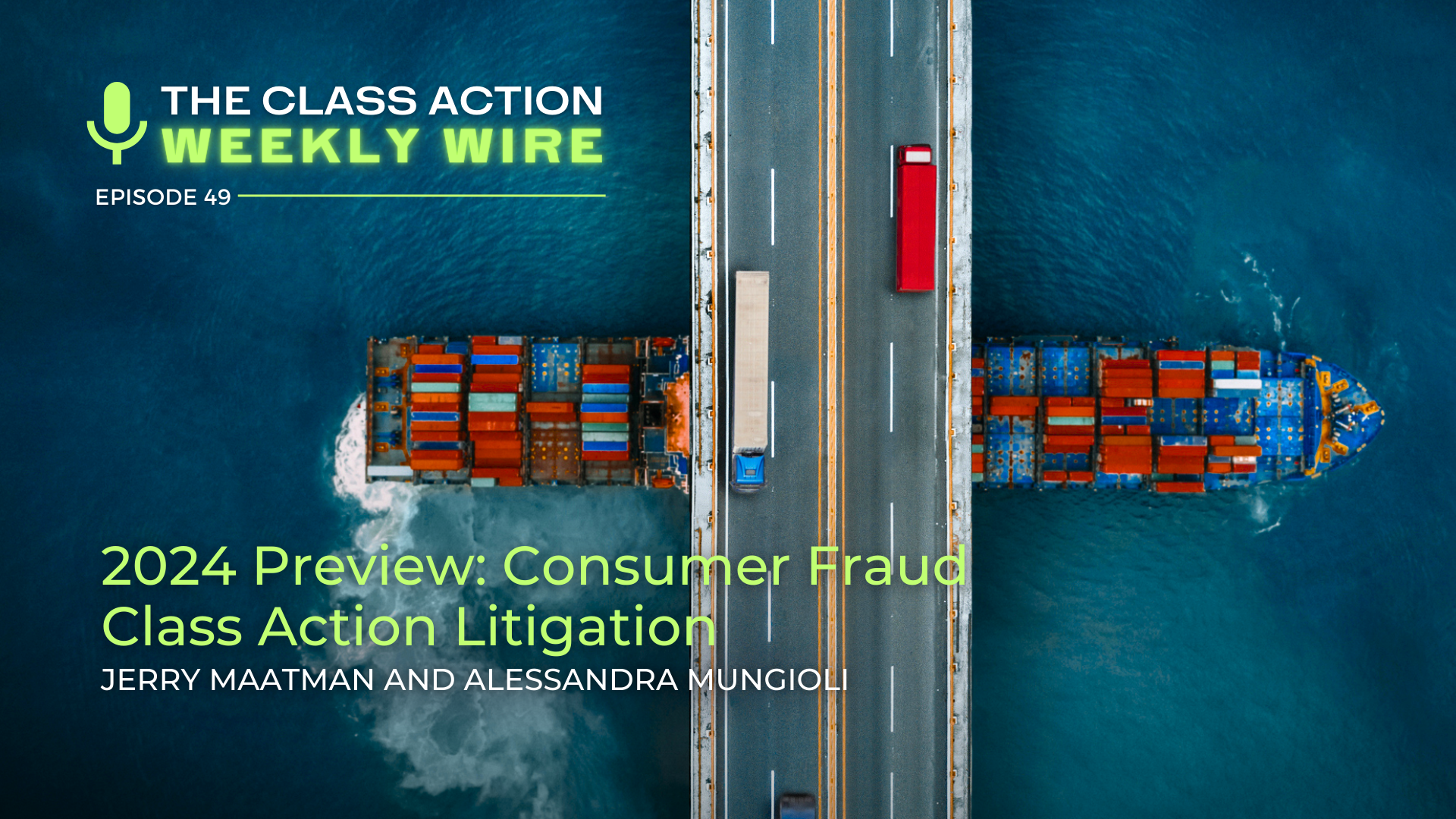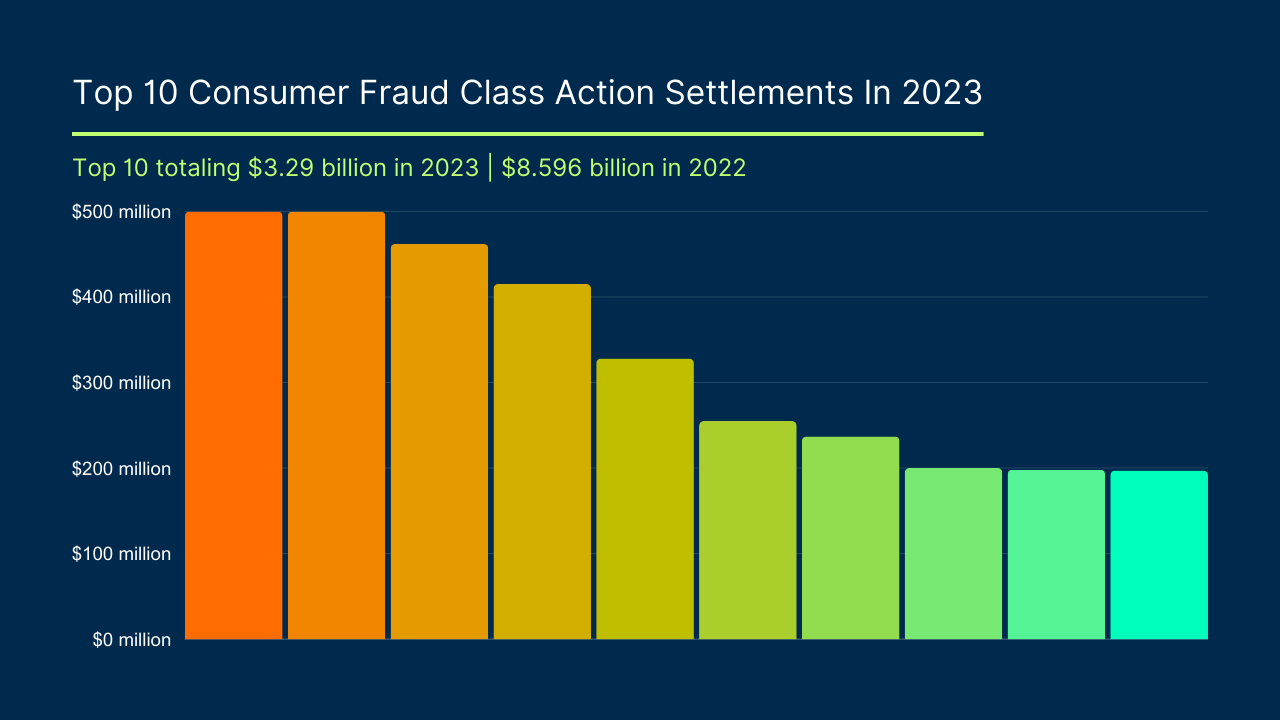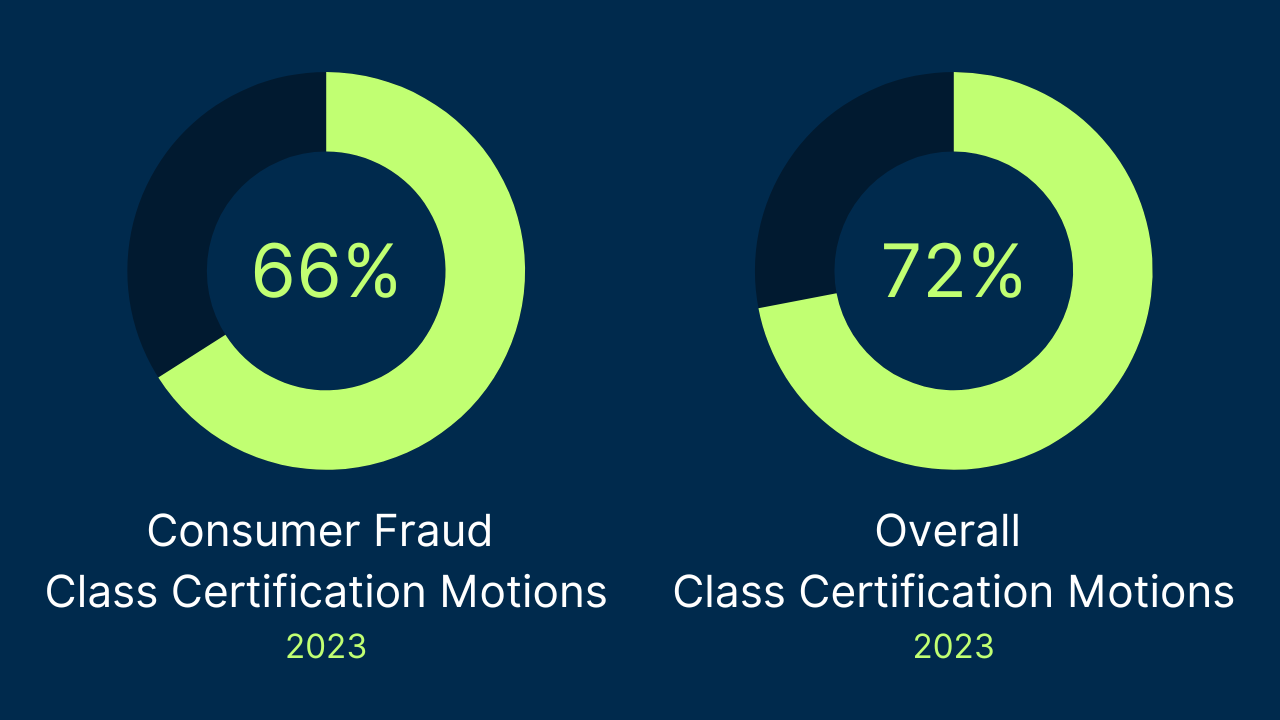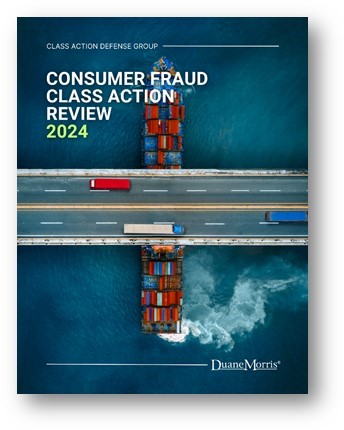By Gerald L. Maatman, Jr., George J. Schaller, and Jeremy H. Salinger
Duane Morris Takeaways: On June 23, 2025, in Rowe, et al. v. Skyway Concession Company LLC, et al., No. 24-CV-6313, 2025 U.S. Dist. LEXIS 118449 (N.D. Ill. June 23, 2025), Judge Mary M. Rowland of the U.S. District Court for the Northern District of Illinois dismissed a putative class action based on allegations of increased toll charges and instances of double-billing by Defendants who controlled and collected revenue from the Chicago Skyway’s tolls.
The ruling in Rowe illustrates consumers alleging consumer fraud claims stemming from an asserted breach of contract must first show they are beneficiaries to the underlying contract. And even if the consumers are beneficiaries, then they must plead specific facts demonstrating deceptive acts or unfair practices to survive dismissal for Illinois Consumer Fraud Act claims.
Case Background
In January 2025, the City of Chicago transferred control of the Chicago Skyway (a toll road that connects the Indiana Toll Road to the Dan Ryan Expressway in Chicago) to Skyway Concession Company LLC (“Skyway Concession”) under the Chicago Skyway Concession and Lease Agreement (“Agreement”). Id. at 2. The Agreement granted Skyway Concession the right to set tolls and collect all toll revenue from the Chicago Skyway. Id. The Agreement also contained a provision that “nothing contained in the Agreement . . . [shall] be construed in any way to grant, convey or create any rights or interests in any Person not a Party to this Agreement.” Id.
Plaintiffs Rockwell Rowe, Jr., and Michelle Rowe (“Plaintiffs”) brought a putative class action against Skyway Concession and its indirect equity holder Calumet Concession Partners, Inc. (“Calumet Concession”) (collectively “Defendants”).
Plaintiffs alleged that Defendants charged more for certain tolls than allowed under the Agreement, charged a $0.03 surcharge above the maximum tolls to drivers who use the electronic tolling E‑ZPass system, and double-billed some drivers for the E-ZPass surcharge. Id. at 3.
Plaintiffs asserted multiple causes of action, including (i) deceptive acts and unfair practices in violation of the Illinois Consumer Fraud Act (“ICFA”) (Counts I and II); (ii) breach of contract (Count III); and (iii) unjust enrichment (Count IV). Id. at 4. Defendants moved to dismiss.
The District Court’s Order
The Court granted Defendants Motion to Dismiss on all Counts.
The Court began its analysis with Plaintiffs’ breach of contract claim because it was “relevant to all remaining claims.” Id. at 4. The Court explained that “only a party to a contract, or one in privity with a party, may enforce a contract, except that a third party beneficiary may sue for breach of a contract made for his benefit.” Id. at 5. Because Plaintiffs were “not parties to the Agreement and the Agreement expressly provides that it does not benefit non-parties to the agreement,” id., and “Plaintiffs have not identified any provision of the [Agreement] that provides rights or specific benefits to putative class members,” id. at 6, the Court dismissed Count III. For clarity, the Court added “[the fact] that Skyway users may indirectly benefit from [Skyway Concession’s] compliance — or indeed be indirectly harmed by [Skyway Concession’s] non-compliance—does not give them the right to enforce the contract.” Id.
The Court then similarly concluded that the purported ICFA claims were insufficient to survive dismissal. The Court determined that “Plaintiffs failed to allege an actionable deceptive act” because “Plaintiffs nowhere allege that Defendants charged any toll greater than Defendants posted or otherwise communicated to the public the toll prices would be” and “putative class [members] paid the tolls that Defendants communicated they would charge.” Id. at 9. In sum, the Court determined, “Defendants advertised the cost to drive on the Skyway, and armed with that knowledge, Plaintiffs paid the advertised price to drive on the Skyway.” Id. at 10. Furthermore, the Court held that Plaintiffs double-billed EZ-Pass allegations failed to establish any deceptive act because Plaintiffs did “not allege that the charges occurred as a result of any deception.” Id. The Court therefore dismissed Plaintiffs’ Count I deceptive acts ICFA claim.
The Court next determined Plaintiffs “fail[ed] to allege any unfair practice that violate the ICFA.” Id. First, Plaintiffs argued that “the charges violated 815 ILCS 510/2(a)(11) concerning misleading statements regarding price reductions,” but the Court disagreed because “the underlying alleged misconduct has nothing to do with price reductions.” Id. at *11. Second, plaintiffs point to a “well-established public policy that parties uphold their [contractual] obligations,” but the Court opined Plaintiffs cited no case law standing for such a policy under the ICFA. Id. Third, the Court reasoned Plaintiffs’ double-billed EZ-Pass surcharge allegations “likewise fail because it is not immoral, oppressive, unethical, or unscrupulous to mistakenly charge a fee.” Id. at 12. Accordingly, the Court dismissed Plaintiffs’ Count II unfair practices ICFA claim as well.
Given Plaintiffs’ unjust enrichment allegations involved “the same conduct underlying Counts I and II,” the Court also dismissed Count IV concerning unjust enrichment. Id. at 12.
Accordingly, the Court granted Defendants’ Motion to Dismiss and terminated Plaintiffs’ case.
Implications For Companies
With Rowe, Illinois-based companies can rest easier knowing that consumers cannot sustain breach-of-contract claims on the theory that they are indirectly benefitted by a contract. Moreover, the decision reaffirms that consumer discontent does not amount to a deceptive act or unfair practice required to state a claim under the Illinois Consumer Fraud Act.





